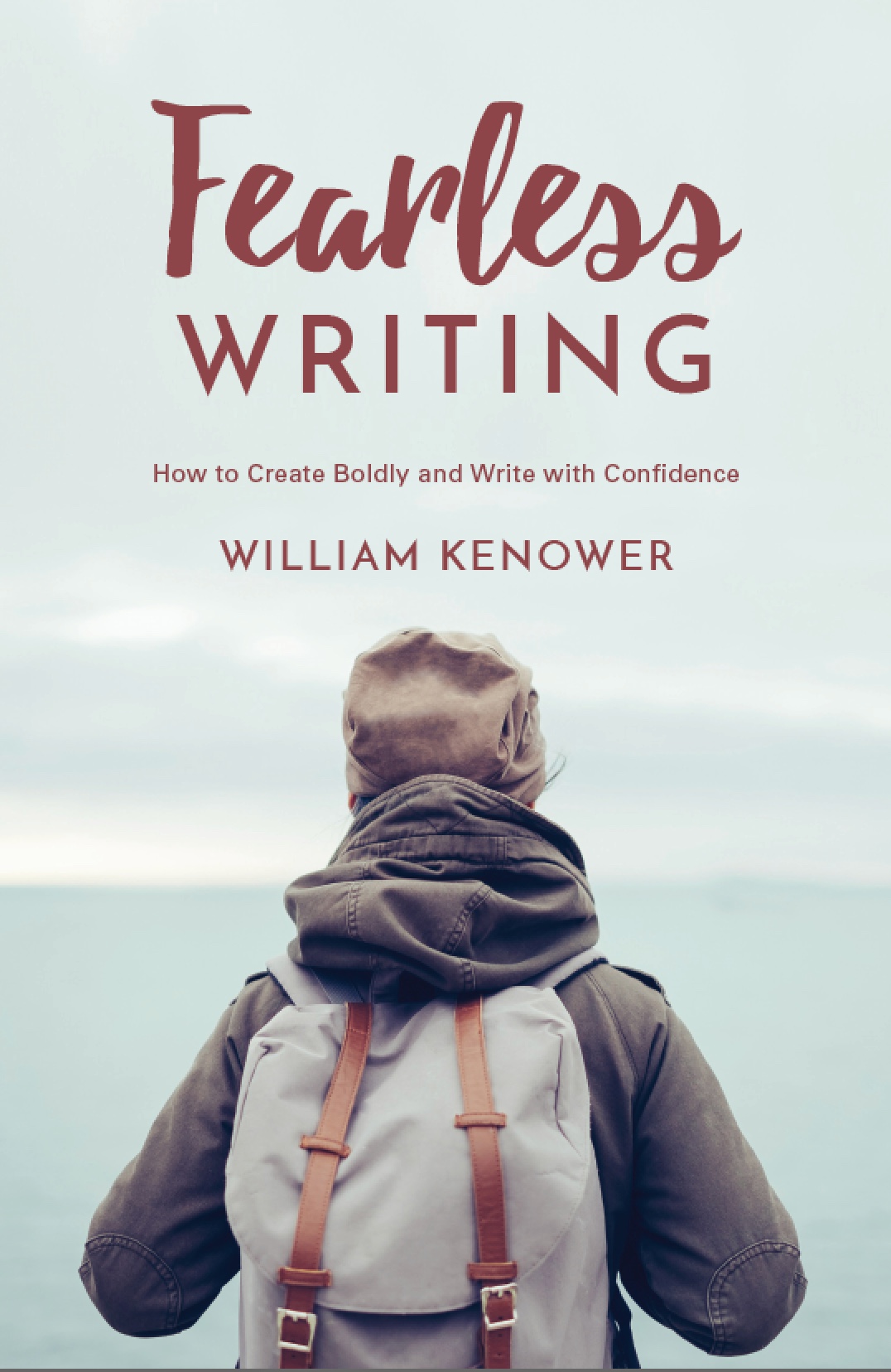Unplanned
A few days ago I published this essay based on an experience I’d had working with a client. I like the essay, but it’s not what I’d meant to write about. What I had intended to write about when I sat down was how during my session with this client, while I was talking and talking to her about her inherent creativity and talent, I’d said, “You have to be relentlessly optimistic and curious.” “Ooh,” she said, and made a note. “That’s good.”
“What’s good?”
“Relentlessly optimistic and curious. You should make T Shirts that say that.”
“Oh, right. Well that’s what you’ve got to be.” And I was on the next thing. Teaching is like writing in that when you’re cooking you’re always on to the next thing. Besides, I only said what I’d said because I was trying to help her feel her own creative potential. When we’d wrapped up our session and were headed for the door, she said, “I’m still thinking about relentlessly optimistic and curious.”
“It’s as much yours as mine, kiddo,” I said. “I wouldn’t have thought of it without you.”
That’s how it works, and why I love teaching. The student inspires the teacher who inspires the student who inspires the teacher.
So that, as I mentioned, is what I’d meant to write about. But it’s not what I wrote about. As often happens, a sentence came along early in the piece and I decided to follow it instead of where I had originally planned to go. This is what makes writing fun. I have learned to trust the surprising idea that feels more real and more interesting and more necessary than my plans. When this happens, the plan seems like the excuse my subconscious used to bring my attention to what really needed to be said.
These surprises, however, are also a big reason I am a writing coach. Many of my clients have not yet learned to fully trust these surprises more than their plans. It’s understandable. What if the surprises stop coming? What if they take you somewhere you don’t want to go? Experience has taught me that they never stop coming and they always take me somewhere I want to be – but everyone must experience and learn this for themselves.
In the meantime, I can sooth and encourage them to trust what I know is trustworthy. I have learned that teaching is most effective when I find new language to say what I have said before. Every student is different, after all, and every student is surprising. Tempting to lean on the old hits, so to speak. But better to trust that something new and something better and something inspiring will come along that neither of us had planned on but both of us needed.
If you like the ideas and perspectives expressed here, feel free to contact me about individual and group coaching.
Fearless Writing: How to Create Boldly and Write With Confidence. You can find William at: williamkenower.com


